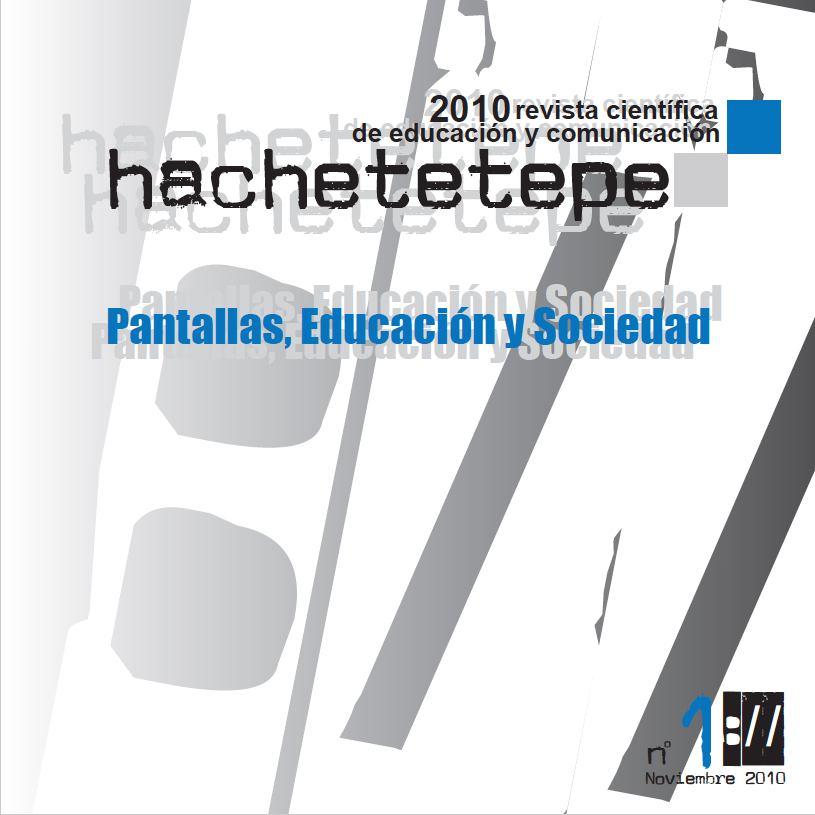Mind-body-machine: telepolis and a new concept of the body as a result of media influence)
Abstract
This paper dwells on how media create a global world, which in turn creates global thought, resulting in all the citizens on this planet living in the so called “telepolis”. This globalization implies certain changes in of character in people, being the most important the concept of telling true from false, and also the personalization of all social relationships. Besides, living increasingly inside virtual realities provokes a distinction between mind, body and machine, enabling the rise of a new type of human being, not human, if more like posthuman.
Keywords
Downloads
How to Cite
License

This work is licensed under a Creative Commons Attribution-NonCommercial-NoDerivatives 4.0 International License.
Those authors who have published with this journal, accept the following terms:
- They will retain their copyright and guarantee the journal the right to first publication of their work, which will simultaneously be subject to the Creative Commons Attribution License . They may be copied, used, disseminated, transmitted and publicly displayed, provided that the authorship, url, and magazine are cited, and are not used for commercial purposes. No derivative works are allowed.
- They may adopt other non-exclusive license agreements for the distribution of the published version of the work (e.g., deposit it in an institutional telematic archive or publish it in a monographic volume) provided that the initial publication in this journal is indicated.
- Disseminate your work through the Internet (e.g., in institutional telematic archives or on your website) once the manuscript is accepted, which may lead to interesting exchanges and increased citations of the published work. (See The effect of open access).
Hachetetepé. Scientific journal of education and communication does not charge a fee for the submission of manuscripts or for the publication of its articles.







